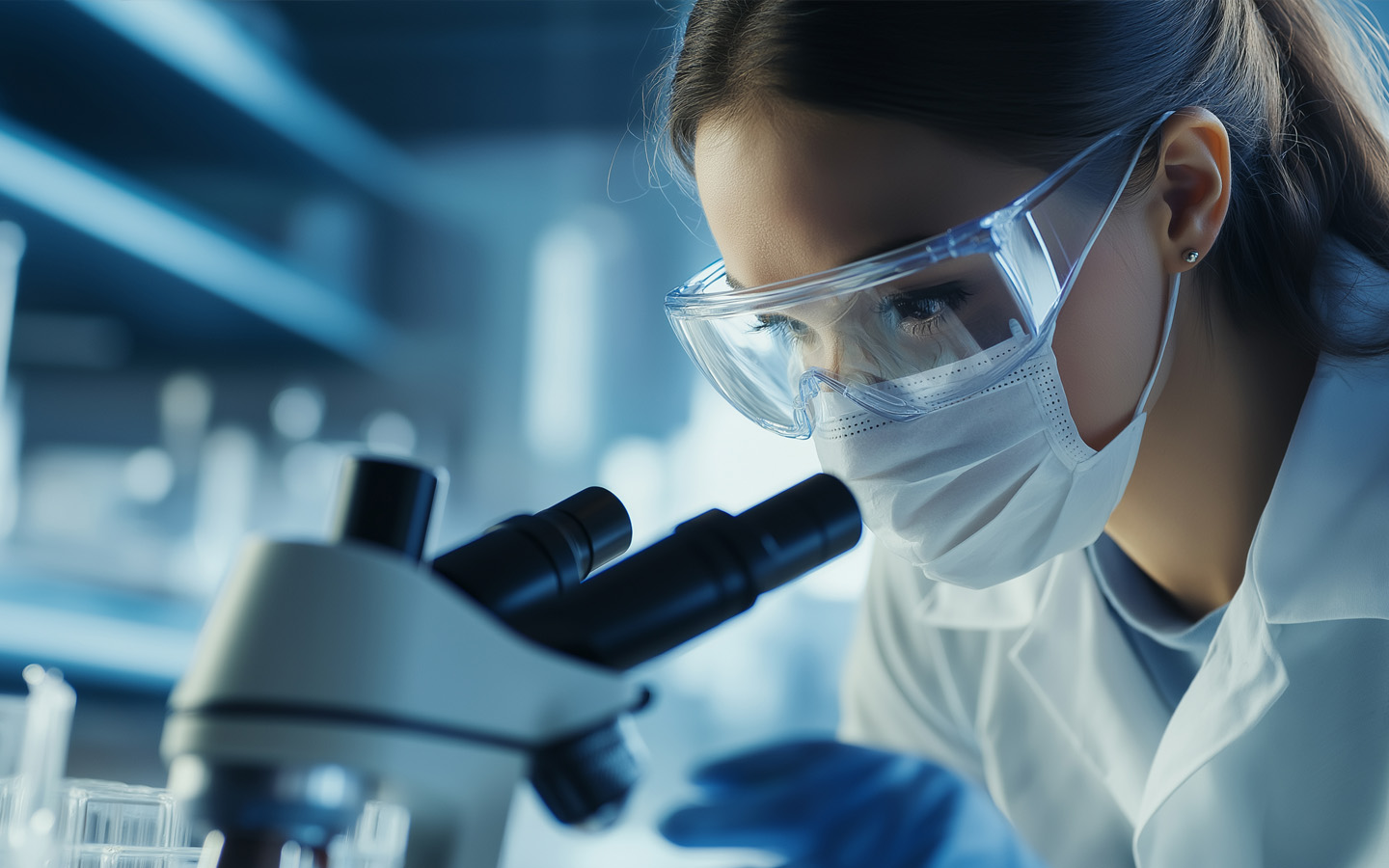BCMaterials participates in a project for early diagnosis of sepsis using ECL

Sepsis or septicemia is a serious and potentially fatal response to an infection that can worsen very quickly. A 2020 WHO report estimates that sepsis causes 30 million deaths a year worldwide. It is estimated that the risk of dying from complications of infections increases by 7.6% for every hour of delay in treatment. It is estimated that early diagnosis of sepsis could save the lives of 200,000 people annually.
With these data in hand, research centers and academics from 8 countries, including BCMaterials, have launched the ECLectic training project; a doctoral network within the HORIZON-MSCA Actions program of the European Union.
ECLectic was born with an ambitious goal: to develop systems for microbial detection in blood in less than two hours. The objective is to significantly reduce the detection time of sepsis compared to plate cultures. The ECLectic project is based on electrochemiluminescence (ECL), an analysis technique with very high sensitivity. ECL is based on the generation of light from an electrochemical process; that is, in a controlled manner on the surface of an electrode. This implies a high spatiotemporal selectivity, and is of great interest for the detection of biomarkers in clinical environments.
The BCMaterials role in the project
BCMaterials collaborates in this project by taking charge of the development of new electrode materials, new detectors, and measurement systems integrated into microfluidic devices. In coordination with CICBiomaGUNE, we will develop new bioinks and nanomaterials.
ECLectic will develop a PhD network within the HORIZON-MSCA Actions program that will allow the training of a new generation of clinically oriented analytical scientists capable of offering innovative solutions to improve the lives of patients. The success of the ECLectic project will lead to the commercialization of the model and its scalability, in order to reduce the cost of biomedical care.
The project has 10 partners, including the Universities of Bologna and Milan (Italy), the University of Bordeaux (France), Dublin City University (Ireland), Stichting IMEC Nederland (Netherlands), Albert-Ludwigs-University of Freiburg and Dynamic Biosensors (Germany), CICBiomaGUNE, the Complutense University of Madrid and BCMaterials. In addition, 9 other institutions participate as associated partners, including the UPV/EHU.
Related news
Qi Zhang Appointed Visiting Professor at NUAA (China)
Our Ikerbasque Research Professor, Qi Zhang, was appointed visiting professor at Nanjing University of Aeronautics and Astronautics (NUAA) this April. Zhang, who has an extensive research career in…ECLectic Doctoral Network Meets at BCMaterials
BCMaterials hosted the second meeting of the Marie Curie ECLectic doctoral network from April 1 to 4. Our center is part of the consortium of 10 European universities, research centers, and companies…BCMaterials Host of the BIOntier Project General Assembly
On April 1 and 2, BCMaterials headquarters hosted the second general assembly of the Horizon Europe BIOntier project, "BreakIng FrOntiers in Sustainable and Circular Biocomposites with High…Fuelium Wins BEST 2025 Award for Most Circular Basque Startup
Fuelium, a startup co-founded and scientifically advised by our Ikerbasque Research Associate Professor Juan Pablo Esquivel, has been honored as the Most Circular Basque Startup at the Basque…



